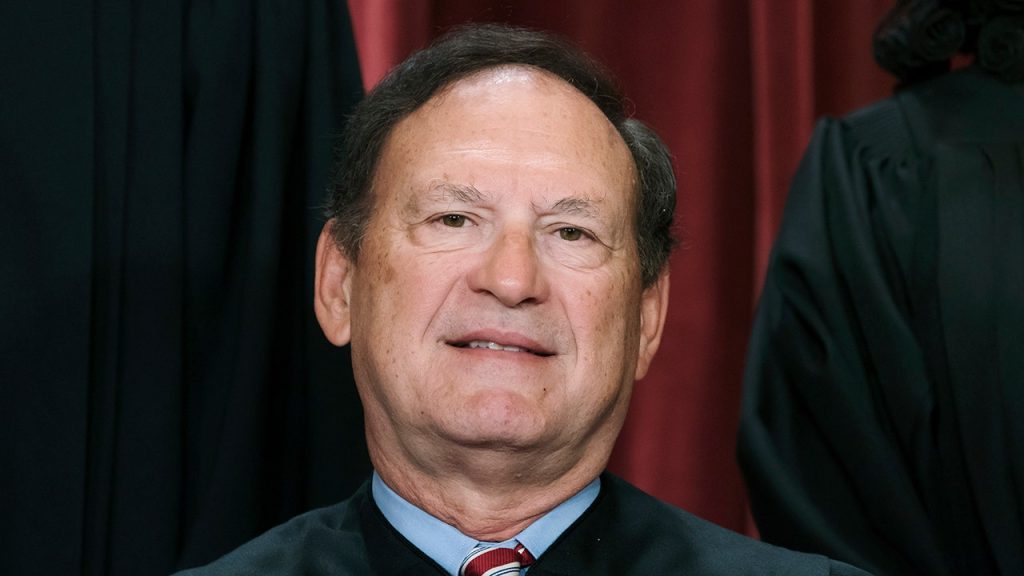Supreme Court Justice Samuel Alito recently questioned whether former presidents could be subject to prosecution by their political opponents if the court rejects claims of presidential immunity. The issue being debated in the Supreme Court could set a precedent on whether former presidents have “absolute immunity” from criminal prosecution. Alito raised concerns about the destabilization of the country’s democracy if former presidents can be criminally prosecuted by bitter political opponents. The court is considering the extent to which a former president enjoys immunity from criminal prosecution for alleged official acts during his time in office. These questions arose in the context of Special Counsel Jack Smith’s federal election interference case against former President Trump.
The official question being considered by the Supreme Court is the extent to which a former president enjoys immunity from criminal prosecution for acts performed during their time in office. This issue has broader implications for future presidents, as evidenced by the concerns raised by both liberal and conservative justices during arguments. Justice Ketanji Brown Jackson raised the question of whether removing the possibility of criminal liability would embolden future presidents to commit crimes while in office. Justice Brett Kavanaugh emphasized that the court’s decision would have huge implications for the presidency and future presidents. Justice Neil Gorsuch stressed that the court is setting a rule that will impact future generations.
Former President Trump has repeatedly claimed that he is being targeted by his political opponents through various legal cases, suggesting that all charges against him are politically motivated. Trump has warned that he is being kept tied up in court cases to prevent him from campaigning for the 2024 election cycle. Despite being unable to attend the Supreme Court arguments, Trump was present in a Manhattan courtroom for his separate criminal trial, where he faces charges of falsifying business records in the first degree. Trump has pleaded not guilty to all charges and continues to claim that his opponents are weaponizing the legal system against him.
The Supreme Court’s decision on the issue of presidential immunity could have significant implications for the functioning of the country’s democracy and the power dynamics of the presidency. Justices on both sides of the ideological spectrum have raised concerns about the potential consequences of allowing former presidents to be criminally prosecuted for their actions in office. The court’s decision will set a precedent for future presidents and could impact the disincentives for criminal behavior by those holding the highest office in the country. The case raises important questions about the balance of power and accountability in a democratic system of government.
The issue of presidential immunity has sparked heated debates in the Supreme Court, with justices grappling with complex legal and constitutional questions. The case involving former President Trump has highlighted the tension between the need for accountability and the potential for abuse of the legal system for political purposes. As the court considers the extent of a former president’s immunity from criminal prosecution, the implications for the presidency and the country’s political landscape remain at the forefront of the legal debate. The outcome of this case will likely shape the future of presidential accountability and the rule of law in the United States.













